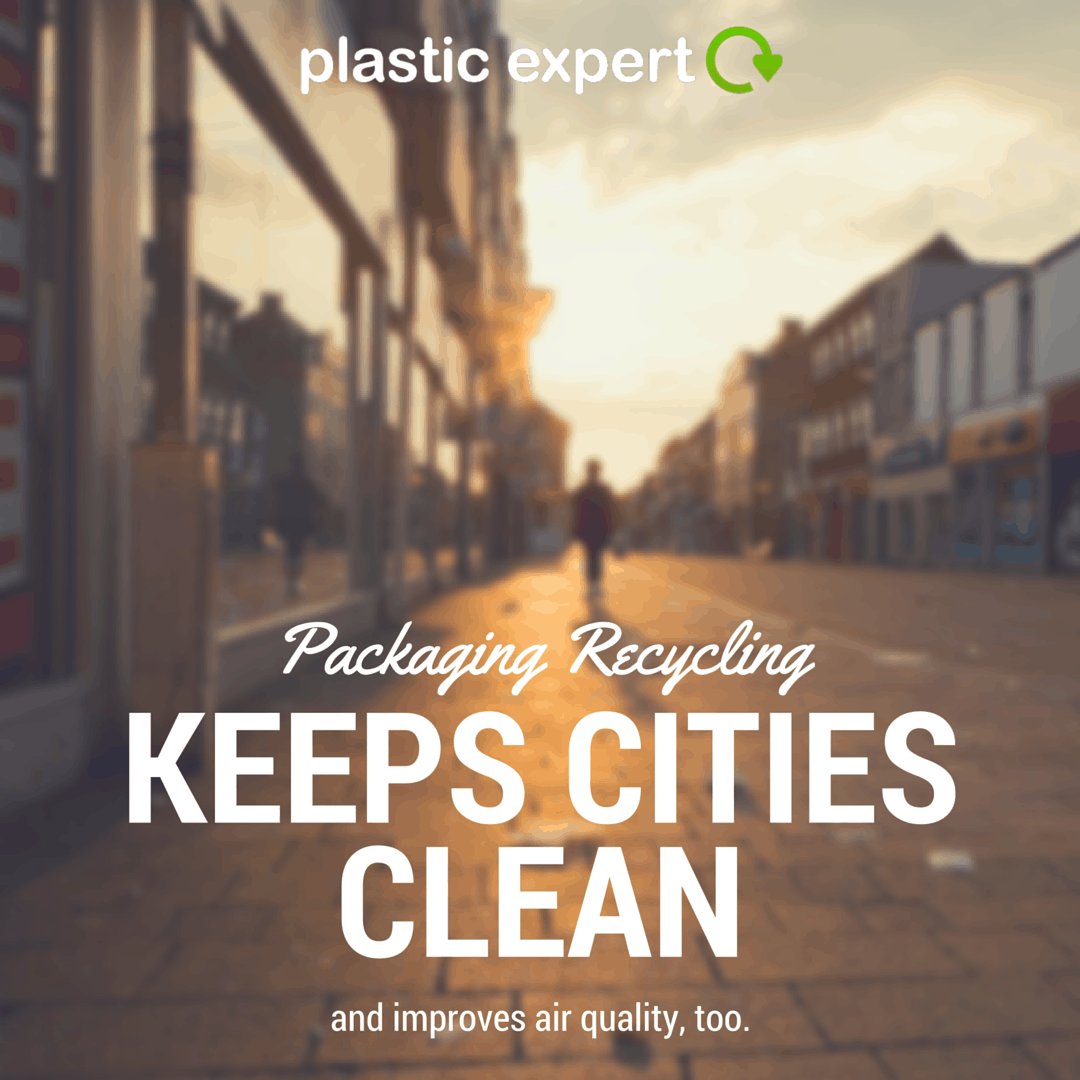Pollution is one of the fastest growing concerns of the industrialized world, causing the deaths of thousands in both developing and developed countries.
Therefore, in order to preserve the cities we live in, we need to play our part, by saving electricity, conserving water and being responsible with natural resources. We can also play our part with recycling; read on as we discuss why.
Packaging Recycling: Why is it so important?
There are many reasons why people should recycle the waste they produce. For instance, if a person engages in packaging recycling, they will separate the waste materials from their rubbish stream, deciding which are recyclable through their local facility, and then deposit them in the correct containers. As a result, they will be stopping the waste going to landfill, or becoming loose, where it might end up being blown into a river and washed to sea.
Here are some reasons why city recycling is beneficial: It increases the aesthetic value of the city. If a person regularly recycles the waste they produce, their city will look cleaner and the value of the place will be boosted. People will say nice things about a place and that value may be carried over to their citizens and become an inherent quality. Recycling containers on the street allow ‘on the go’ packaging recycling, which is only really effective in densely populated areas.
Health benefits: As the residents of a city take on the responsibility of recycling the waste, the waste hierarchy improves and steps up a level, and often means that less waste will have to be incinerated. If packaging recycling is carried out routinely (cleaned and properly separated), only small amounts of packaging will have to be dumped or burned. As a result, the harmful smoke created from burning the waste will be reduced. Hence, recycling the waste will give us better air quality and the health of the citizens will improve. Saying that, the Western World has developed incinerators that filter out carcinogens and are only mildly harmful to the environment. In parts of Asia and Africa, open fires are lit to incinerate waste, with the subsequent ash being deposited into rivers, a prime drinking source.
Fewer dumps means fewer bacteria: whenever you throw your waste in a bin, rather than recycling it, it is taken to the landfill site. These sites are home to dangerous bacteria which can cause deadly diseases. The greater threat of landfills though, is a toxic liquid called Leachate, which is created by decomposing waste, and is poisonous to humans. If citizens carry out packaging recycling, they can reduce these landfills and hence the bacteria and Leachate. Therefore, the city will be a healthier place.
Water pollution: in some cities, waste packaging finds its way to a water body. In most cases this water body is a river, which can lead to the pollution of an entire water supply. Hence, this may cause diseases among the citizens, and if that water body is the sea, the wildlife will be disturbed, fish will eat the waste, people will eat the fish and the citizens will suffer again. On the other hand, if the citizens choose to recycle, such as packaging recycling, they can reduce the water pollution caused by this litter and improve the amount of healthy marine animals in the area.
Global warming: Burning of waste materials produces greenhouse gases that are heating up our earth. This causes the melting of polar ice-caps, that are already shrinking, rising sea levels and threatening snow-dwelling animals like polar bears. Consider the reduction of ice and snow to reduce the amount of camouflage available to a hunting polar bear, and you will see why more than ever are starving to death. Therefore, recycling does not only make our cities clean but it ensures the health of our planet too, as we can have more effect in large numbers, which you will commonly find in cities.
Conclusion
With the increasing threats posed by pollution, the residents of the world should show more responsibility in how they treat their waste. If recyclable waste is left to rot in the bins and landfills, the world, as a whole will suffer. What we can do to preserve the environment and reduce pollution is recycle. Recycling will reduce the amount of waste burned, and therefore, will lower the pollution in our cities as well. All in all, we’d be daft to not to recycle, let’s be clear on that.






